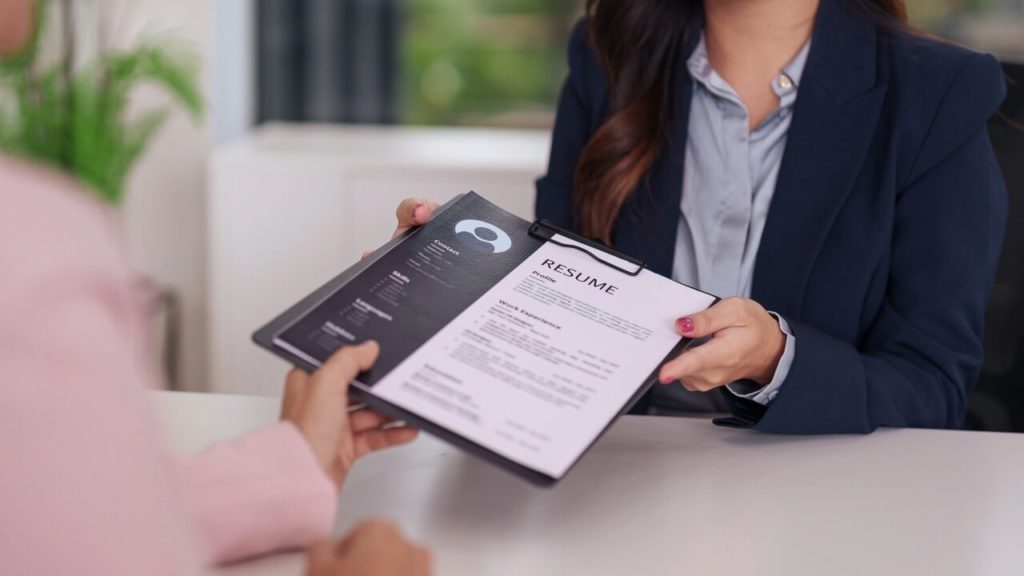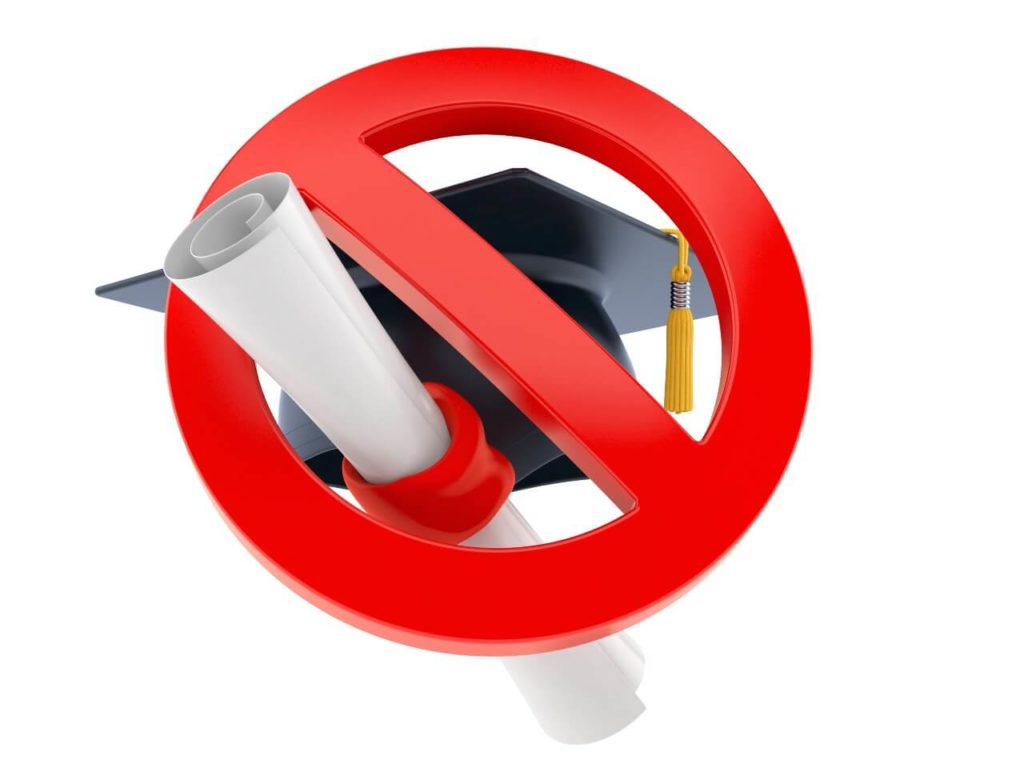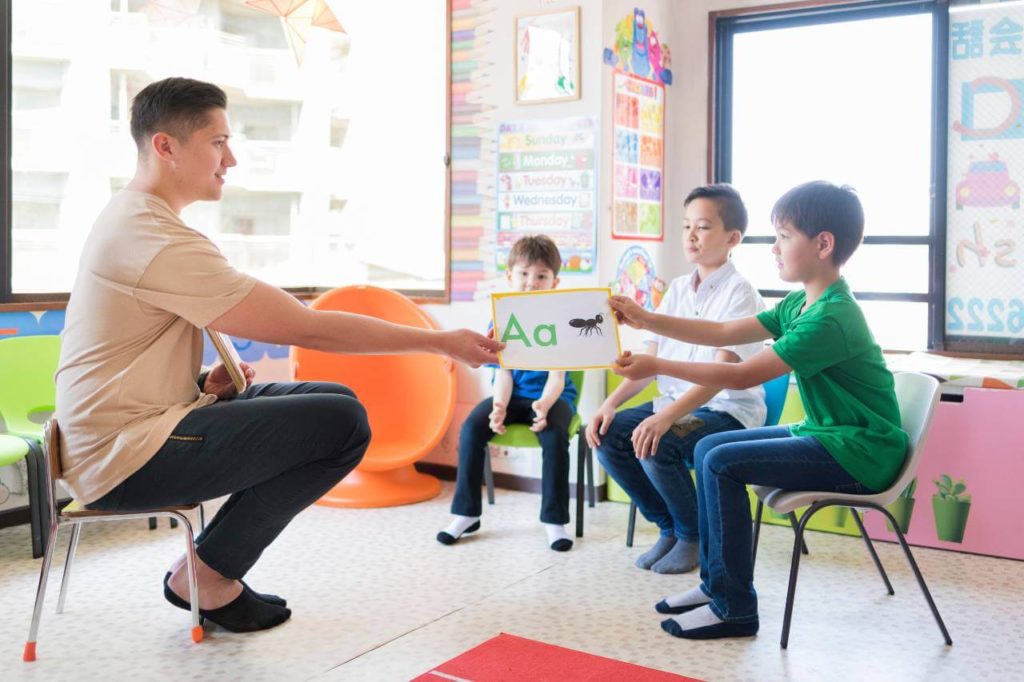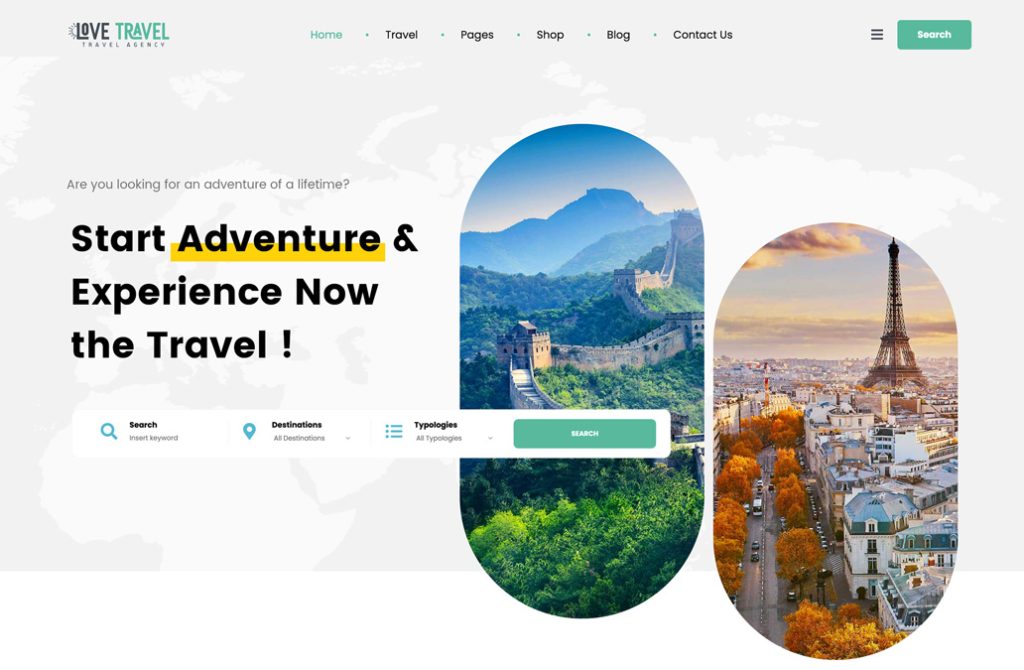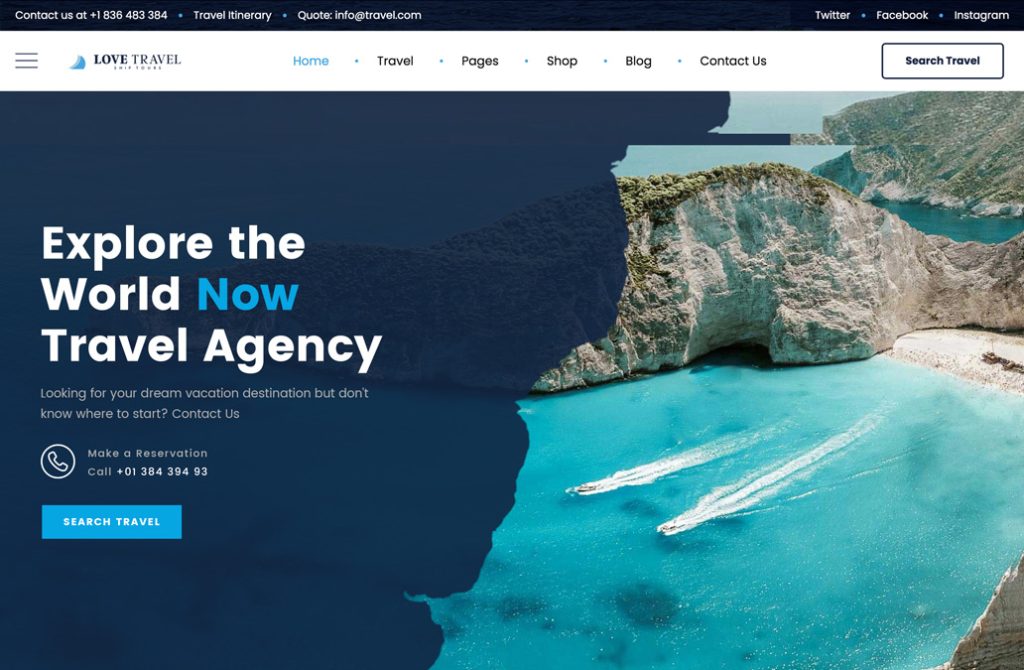South Korea is the destination, public school teaching is the grind, and EPIK is your chosen programme. Well done on locking in all those big decisions. Now all that’s left is to hit that apply button!
The English Program in Korea (EPIK) is a super-popular government initiative to increase English proficiency in South Korea. It serves major cities like Busan, Daegu, Ulsan and Incheon, as well as the most romantic location in South Korea, Jeju Island.
Now, there’s a lot that goes into the application process, and that’s exactly what we’re here to help you navigate.
You’re not alone. We’ve got you!
Choosing the right programme sets the tone for your life abroad. So how does EPIK frame a TEFL teacher’s Korean chapter?
Why choose EPIK?
The popularity of the EPIK programme speaks for itself. It’s a tried and trusted route into public school teaching in the increasingly popular tiger-shaped country.
Here’s what EPIK brings to the table:
- Work anywhere in Korea — nationwide placement (experience life in different cities/regions)
- Competitive salary — earn ₩1.8M-₩2.7M ($1279,77-$1919,66) a month.
- Standard work hours — generally 9:00 AM to 5:00 PM
- Free accommodation — fully furnished single housing is provided
- Generous leave — 18 days of paid vacation and national holidays
- Flight allowance — up to ₩1.3M ($924,28) per trip to cover your travel costs
- Orientation included — a comprehensive nine-day, all-expenses-paid programme to prep you for teaching in Korea
- Health coverage — includes medical and health insurance contributions
- Paid sick leave — so you can recover without worry
Now that we’ve convinced you that EPIK is an excellent choice, you can focus on applying.
Job applications mean admin, and that can be confusing. You’re going to have to bring out your organisational skills for this one, starting with familiarising yourself with the application process.
How to apply to EPIK
Pre-application preparations
Before you dive straight into your application, it’s advisable to read through the Initial Application Preparation Guide. This document is crucial, so read it carefully. It lists all the documents you’ll need to upload during the online application process.
Failing to follow these guidelines could delay your application — or worse, stop it in its tracks. So best to get it right the first time. It’s part of your initial impression, so let’s make it a good one.
Application methods
There are generally three methods of application. Each method has varying degrees of support.
1. EPIK office in Korea
This is a direct application, so there is no third-party involvement. This is a good choice for veteran TEFL teachers who’ve had at least one placement in Korea or those who are confident in their application skills.
The entire application is done online:
- Direct application — no third-party involvement
- Best for experienced TEFL teachers or those confident in their application skills
- Submit online application
- Online interview
- Apply for E-2 visa according to directives
Once in Korea, you’ll attend an orientation where you’ll meet the rest of the teachers placed with EPIK. It’s a great networking opportunity, and many teachers make fast friends here!
2. MOU/MOA organisations
Memorandum of Understanding (MOU) and Memorandum of Agreement (MOA) organisations have formal agreements with EPIK to recruit teachers on their behalf. These are TEFL providers, universities and international educational and cultural exchange organisations. They are based outside Korea and provide personalised support during the application process.
For example, CIEE is a non-profit organisation that helps people gain work skills abroad. As an MOU, they assist prospective teachers with guidance, document review, visa applications, and pre-departure prep. MOUs/MOAs provide varied levels of post-arrival support.
Benefits of using an MOU/MOA:
- Support throughout the application process
- Direct document submission to EPIK — fast due to official partnership
- Free
- Clear and direct communication with EPIK officials
- Streamlined process
3. Recruitment agencies
While it’s possible to apply directly to EPIK, many teachers find it useful to use a recruitment agency for guidance, insight and peace of mind.
Ensure you select a reputable agency with online reviews and testimonials.
If you’d like a helping hand, TEFL Careers offers EPIK placements and personalised assistance during the application process.
Benefits of using a recruiter:
- Support throughout the application process
- Document review plus tips for improvement before submission to EPIK (This includes proofreading your lesson plan!)
- Provides social and professional networks pre- and post-arrival, helping prospective teachers connect
- Good for first-time job seekers who want extra support
- May offer additional training, resources, or job placement services outside of EPIK
Read more: Mastering The EPIK Lesson Plan: A Guide
A fourth method of application has been introduced for the 2026 Spring intake.
4. EPIK Plus+
This option places teachers in rural schools in Jeju and Jeollanam (Jeonnam) provinces. This is ideal for those seeking an immersive Korean experience outside of the city.
EPIK Plus+ provides a smoother application process. Benefits include:
- Priority application handling
- Better placement odds
- An all-expenses-paid workshop on arrival
Applicants who are not placed through EPIK Plus+ will have their applications converted to the regular EPIK option. Of course, this means the teaching location also changes to cover the entirety of South Korea.
Direct application vs agency support
Direct applications are straightforward but require you to manage every step yourself. You’ll need good time management and organisation skills.
Agencies can definitely lighten your load and give you peace of mind. Using a reputable recruitment agency adds extra layers of support. They guide you every step of the way, optimise your application and connect you with helpful networks.
For example, Korvia hosts live webinars — information sessions where curious teachers can ask questions and get answers in real time.
Your chosen application method is your route into teaching in Korea. A well-timed application will get you one step closer to securing your EPIK placement.
When to apply?
Hiring is done according to the Korean academic calendar. There are two main intakes:
- Spring (late February with late intakes spanning March-April)
- Fall (late August with late intakes spanning September-October)
Keep an eye out for updates!
The EPIK application page provides updates on when to apply. Look out for Facebook Groups for your cohort, as regular updates will be provided there too.
Need guidance with your EPIK application?
An official EPIK recruitment partner can help you out at no cost — submit your application through TEFL Careers here.
Early application is key to securing a spot in the EPIK Program. Competition is high, and applications are processed in the order they’re received.
Required initial documents for upload:
- Resume/CV
- TEFL certificate (scan)
- Professional passport-sized colour photo against a white backdrop
- Personal essay
- Photos of tattoos, if applicable
- Two recommendation letters (one from your current school if teaching in Korea)
- Scanned teaching contract for those in Korea
- Proof of English-medium schooling, if applicable
- Sample conversational lesson plan (include worksheet/handout/visual aids) targeting your preferred age group
Some of these documents will take time, so gather them in advance to avoid disappointment.
Your application is your ticket to the interview stage.
The EPIK interview
If you made it past the initial document screening and booked an interview, congratulations! You’ve made it through to the next round of the application process.
Interviews for those outside of Korea are conducted using Zoom or Skype. Expect questions about your teaching philosophy, classroom management, dealing with culture shock, anticipated teaching challenges, and your motivation for teaching abroad, and in Korea specifically.
Read more: TEFL Interview Tips: What Recruiters Want to See
Remember to be on time, look professional and smile. Also, don’t forget to pay attention to your background. A cluttered background could send the wrong signal: lazy, disorganised, unprepared.
A friendly demeanour gives a first impression of how you’ll connect with students, so bring a smile and positive energy to your interview.
Be mindful of your body language. That means an upright posture, appropriate eye contact and no fidgeting.
Tip: Review your EPIK application beforehand in case they refer to it. Read through your application essay and be prepared to expand on what you’ve said during the interview.
If you’ve impressed your interviewer(s), you’ll receive a conditional acceptance pending final document submission.
Final documents for submission:
- Apostilled degree (those not in English must be translated)
- Official sealed transcripts x2
- Hard copy of TEFL/TESOL certificate (if possible)
- Apostilled criminal background check
- Hard copies of recommendation letters (with penned signatures)
Ink-signed printed EPIK application form + passport photo and lesson plans, if applicable.
After a successful document review, you will receive a Notice of Appointment (NOA) — your official job offer.
Now that you’re in, you will have to apply for the E-2 visa.
Required documents include:
- Passport
- Visa application form with photo
- NOA
- Signed contract
- Passport photos
- Visa fee
With your visa in hand, all that’s left to do is to book your flight ✈️ and attend the EPIK orientation!
From there, you’ll move to your assigned school and meet your new colleagues and settle into your new apartment.
Assa (아싸!)! You’ve made it!
If you’re looking for a good work-life balance, stability and enough vacation days to explore your new home, EPIK can make that happen.
The EPIK path is well-trodden, with plenty of TEFL teacher footsteps paving the way. Now it’s your turn to step into your own teaching adventure in Korea and leave your own footprints.

